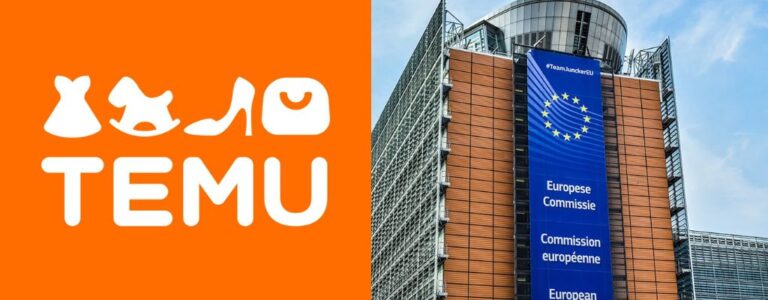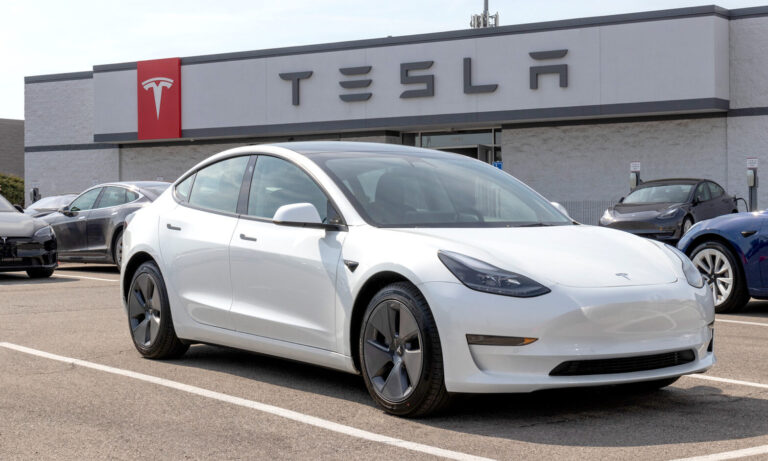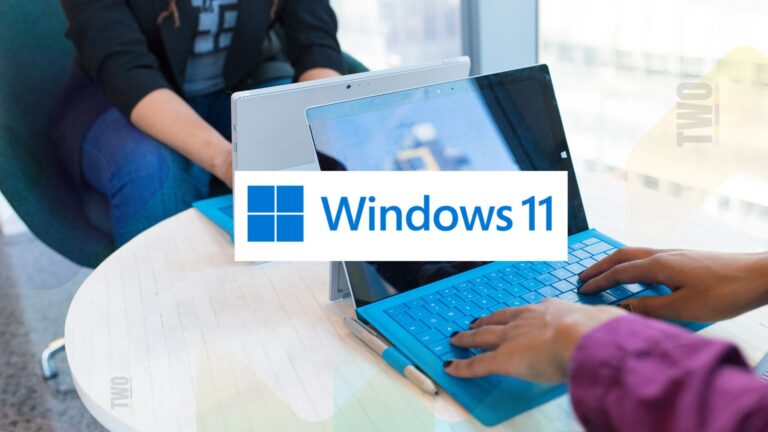Blackstone Abruptly Exits TikTok U.S. Consortium Bid Amid Negotiation Uncertainties
*Blackstone has unexpectedly withdrawn from the investor consortium aiming to acquire TikTok’s U.S. operations, adding another layer of instability to the already uncertain future of the app in the United States. The firm’s exit, confirmed on July 18, 2025, leaves the remaining consortium members—led by Susquehanna International Group and General Atlantic—in a delicate position as they rush to finalize a deal before the September 17, 2025, deadline set by U.S. lawmakers.
Why Did Blackstone Walk Away?
Sources close to the matter cited persistent delays in negotiations and shifting U.S. government deadlines as key reasons for Blackstone’s withdrawal. Originally, the private equity firm was set to take a minority stake in TikTok’s U.S. entity, but the prolonged uncertainty made the deal increasingly unattractive.
“The divestment process has become entangled with broader U.S.-China trade tensions,” one insider noted. Former President Donald Trump, who has repeatedly extended the deadline for ByteDance to sell TikTok, recently suggested that Chinese President Xi Jinping’s approval might be necessary—an indication of the deal’s geopolitical complications.
Who’s Left in the Consortium?
Despite Blackstone’s departure, Susquehanna International Group and General Atlantic—both existing ByteDance investors—remain at the helm of the bid. They are joined by venture capital firm Andreessen Horowitz, while Oracle’s involvement appears less certain. The consortium’s original plan was for U.S. investors to own 80% of TikTok’s U.S. operations, with ByteDance retaining a minority share.
The Clock Is Ticking on TikTok’s Fate
The U.S. government’s original January 2025 deadline for ByteDance to sell or shutter TikTok has been pushed back multiple times, with Trump’s latest extension setting a September 17 cutoff. Some lawmakers have criticized the delays, arguing they weaken national security measures.
Meanwhile, ByteDance is preparing a contingency: a U.S.-specific version of TikTok that could launch days before the deadline. If no deal is reached, Americans may eventually need to switch to this new app, though the existing platform would likely remain operational through early 2026 during a transition period.
What Does Blackstone’s Exit Signal?
Neither Blackstone nor ByteDance has publicly commented on the withdrawal. But experts say the move underscores the deal’s mounting challenges. “Blackstone’s involvement provided financial and political heft,” one observer noted. “Its exit could deter other investors.”
Adding to the complexity, Trump recently tied TikTok’s fate to broader trade talks with China—a dynamic that has left analysts skeptical about a resolution before September. “Every delay increases the risk of the entire deal collapsing,” a policy expert warned.
As negotiations continue, the consortium faces a narrowing window to salvage an agreement that satisfies both U.S. regulators and ByteDance. For now, TikTok’s future in America hangs in the balance.







